Current agriculture is still closely linked to the use of synthetic substances to limit the proliferation of species that are detrimental to crops. As the leading agricultural country in Europe, France is the second largest European user of pesticides. Among these substances, herbicides account for almost half of the uses with about 28,000 tons/year. Although the synthetic herbicides used so far have allowed considerable progress in agriculture during the second half of the 20th century, their intensive use has led to the emergence of various problems (health and environmental impacts, resistance leading to inefficient treatments and a loss of quality and income for farmers…) that makes it urgent to find alternatives to synthetic substances.
This situation poses the challenge of discovering new herbicides that will have to be less toxic for humans and the environment than synthetic substances, while maintaining a significant efficacy for crop protection. Such herbicides exist naturally in some plant species, but almost none have been placed on the market by both public and private research.
Based on this observation and inspired by its unique Target Binding® technology enabling accelerated discovery of new assets, PAT decided to launch its HerbiScan project in order to discover solutions in line with the current issues of agriculture.
Frédéric Bourgaud, Director of Research at PAT: « HerbiScan, through its screen for an alternative to the repeated use of older generation synthetic phytosanitary substances, aims to contribute to the invention of new solutions in agriculture. This paradigm shift will only be possible through profound changes and we are convinced that plant protection can be reinvented with environmentally friendly products. »
This collaborative project led by PAT uses two main partners for the identification of new herbicidal chemical structures: INRA and ITEPMAI. HerbiScan aims to:
- Discover new molecules with herbicidal activity from extracts of plant origin.
- Characterize the herbicidal activity of these molecules (efficacy and selectivity) on greenhouse-grown weeds.
- Determine the toxicological profiles of these new molecules in order to retain only those with a favorable profile.
- Validate by field trials on field crops the herbicidal effects previously observed for molecules with toxicological safety.
Christophe Délye, researcher at INRA, responsible for « Herbicide » topic within the Agroecology unit in Dijon: « For several years now, the diversity of herbicide modes of action authorized in agriculture has been decreasing and, since almost 30 years, no new herbicide mode of action has been marketed. This scarcity situation is worsening by the evolution of resistance in weeds, which translates concretely into increased pollution (ineffective treatments and additional treatments) and weeding failure. Today, thanks to the HerbiScan project, we hope to contribute to the emergence of an efficient and sustainable agriculture, and, in the short term, to give a breath of fresh air to the control of weeds by providing herbicidal molecules which, ideally, will not be affected by the current resistance of weeds, and will be non-toxic to the environment and human health. »
Thomas Regnault, PAT Project Lead HerbiScan: « Plants are a remarkable reservoir of new molecules with herbicidal potential which has been little exploited until now. There are still many plants to study and therefore new substances with new modes of action to discover, all supported by the innovative technology deployed at PAT. »
Anne Buchwalder, Director of Iteipmai: « Plant secondary metabolites represent an infinite source of molecules with a wide range of activities. Their roles in plant interactions are just starting to be investigated. The intersection between field observations and the scientific literature has already made possible to identify molecules presenting herbicidal effects. By combining the technologies and the knowledge of its partners, this project proposes an innovative approach which should allow to multiply the candidate extracts. Iteipmai is pleased to contribute to this ambitious project meeting societal expectations and in line with the crop protection market’s issues. »
> Read press release
> Contact us

